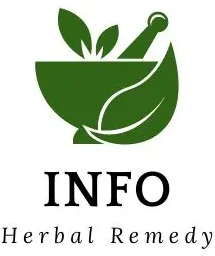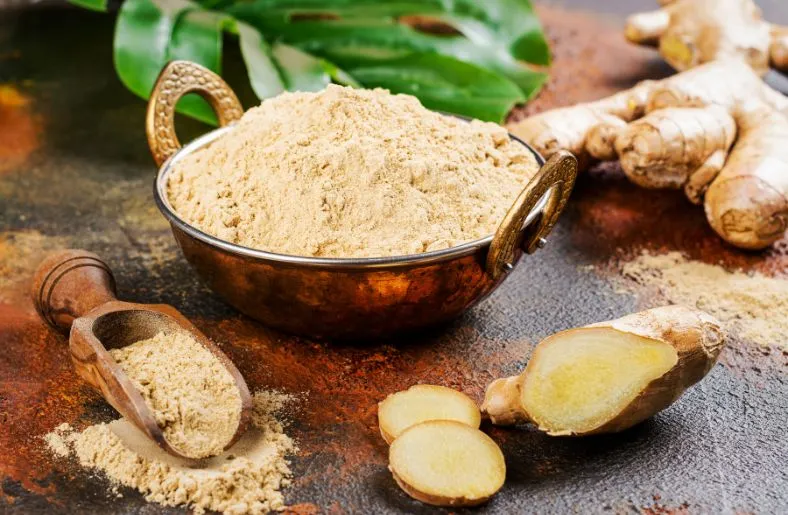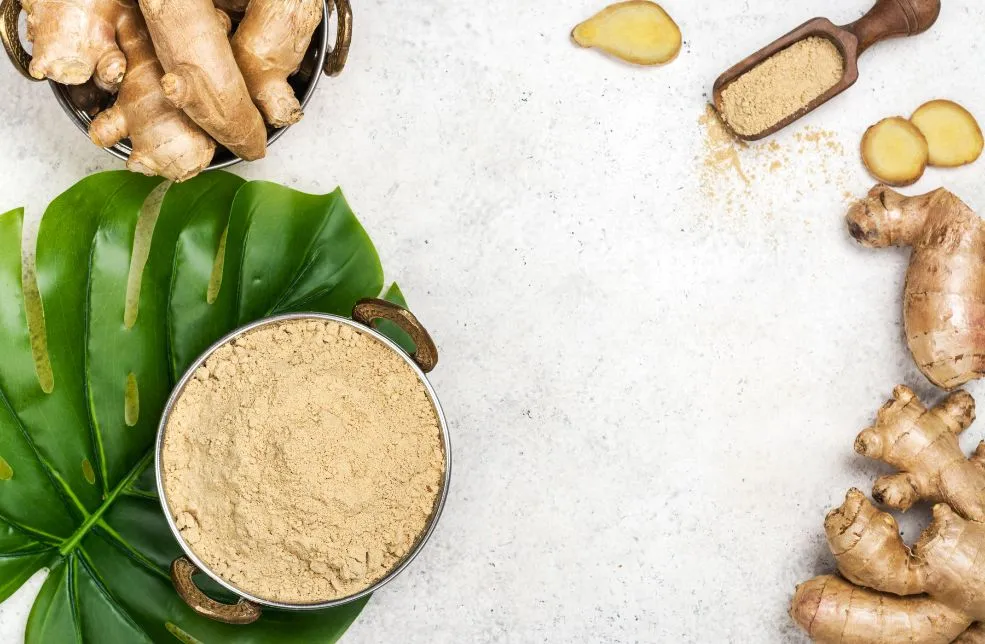In recent years, dandelion tea has gained popularity as a natural health remedy, touted for its potential benefits ranging from liver support to improved digestion. However, as with any dietary trend, questions arise about its safety and potential drawbacks. One common query that has emerged is: is dandelion tea high in oxalates?
This blog post aims to address this question comprehensively, providing you with the information you need to make informed decisions about including dandelion tea in your diet.
Oxalates
Before we dive into the question “is dandelion tea high in oxalates?”, it’s crucial to understand what oxalates are and why they matter. Oxalates are naturally occurring compounds found in many foods, including leafy greens, nuts, and some fruits.
While they’re generally harmless for most people, individuals prone to kidney stones or with certain health conditions may need to monitor their oxalate intake.
Dandelion Tea
Dandelion tea is made from the roots, leaves, or flowers of the dandelion plant (Taraxacum officinale). It’s been used in traditional medicine for centuries and is known for its potential diuretic, anti-inflammatory, and antioxidant properties. But is dandelion tea high in oxalates? Let’s explore this further.
Is Dandelion Tea High in Oxalates?
When investigating whether “is dandelion tea high in oxalates?” it’s important to look at scientific data. According to available research, dandelion greens do contain oxalates, but the levels can vary depending on several factors:
- Part of the Plant Used: The leaves typically contain more oxalates than the roots or flowers.
- Growing Conditions: Soil composition and climate can affect oxalate levels.
- Preparation Method: How the tea is prepared can influence its oxalate content.
While dandelion greens are considered moderately high in oxalates, the brewing process of tea may result in lower oxalate content in the final beverage. This is because oxalates are water-soluble, and some may be left behind in the discarded plant material after brewing.
Comparing Dandelion Tea to Other Beverages
To put things in perspective when asking “Is dandelion tea high in oxalates?”, it’s helpful to compare it to other common beverages:
- Black tea is generally higher in oxalates than dandelion tea.
- Green tea typically has lower oxalate levels than black tea but may still contain more than dandelion tea.
- Herbal teas like chamomile or peppermint are usually low in oxalates.
Related Guide: Is Dandelion Tea Good for You? An In-depth Analysis of Its Potential Health Benefits (2025)
Factors to Consider When Asking “Is Dandelion Tea High in Oxalates?”
When evaluating whether dandelion tea high in oxalates is a concern for you, consider these factors:
- Your Overall Diet: If you’re already consuming a low-oxalate diet, moderate dandelion tea consumption may not significantly impact your total oxalate intake.
- Your Health Status: Individuals with a history of kidney stones or certain digestive disorders may need to be more cautious.
- Frequency of Consumption: Occasional consumption of dandelion tea is less likely to cause issues than daily, high-volume intake.
- Preparation Method: Steeping the tea for shorter periods may result in lower oxalate content.
Benefits vs. Risks
While the question “Is dandelion tea high in oxalates?” is important, it’s equally crucial to consider the potential benefits of this herbal brew:
- Rich in antioxidants
- Potential anti-inflammatory effects
- May support liver health
- Could aid in digestion
For most people, these benefits may outweigh the concerns about oxalate content, especially when consumed in moderation.
Tips for Enjoying Dandelion Tea Safely
If you’re concerned about oxalates but still want to enjoy dandelion tea, consider these tips:
- Moderation is Key: Limit your intake to 1-2 cups per day.
- Choose Root-Based Teas: Dandelion root tea may have lower oxalate content than leaf-based versions.
- Pair with Calcium-Rich Foods: Calcium can bind to oxalates in the digestive tract, potentially reducing absorption.
- Stay Hydrated: Drinking plenty of water can help flush out oxalates from your system.
FAQs
1. Is dandelion high in oxalates?
Leafy greens, such as spinach, Swiss chard, kale, collard greens, celery, parsley, endive, beetroot greens, dandelion greens, and turnip greens, are among the plant foods that are very rich in oxalates. Beets, carrots, potatoes, sweet potatoes, and parsnips are examples of root crops.
2. Who should not drink dandelion tea?
Touching dandelions might cause allergic reactions in certain people. Some might develop mouth sores. Dandelion should be avoided if you are allergic to ragweed, chrysanthemums, marigold, chamomile, yarrow, daisies, or iodine. Dandelion may raise stomach acid and induce heartburn in certain individuals.
3. Is dandelion tea good for your kidneys?
Potassium, a mineral, and electrolyte that quickens the pulse, is abundant in dandelion tea. Potassium may enhance blood flow and help the kidneys filter pollutants more successfully. It is well known that the polysaccharides in dandelion help the liver create bile by lessening stress on it.
4. Does dandelion increase uric acid?
Data backs up that Uric acid levels can be lowered using dandelion extract or tea, which is available in supermarkets. 3. Celery: Grown and valued for its anti-inflammatory, antibacterial, and antiviral qualities since ancient times, celery is a great source of antioxidants.
Conclusion: Is Dandelion Tea High in Oxalates?
So, is dandelion tea high in oxalates? The answer isn’t a simple yes or no. While dandelion does contain oxalates, the levels in tea form are generally not considered high enough to be a concern for most people. However, individuals with specific health conditions or those prone to kidney stones should consult with a healthcare provider before making dandelion tea a regular part of their diet.
Remember, balance is key in any diet. If you enjoy dandelion tea and don’t have any specific health concerns, you can likely continue to enjoy it in moderation. As with any dietary change, it’s always wise to listen to your body and consult with a healthcare professional if you have any concerns.
By understanding the nuances surrounding the question “is dandelion tea high in oxalates?”, you can make informed decisions about incorporating this herbal brew into your wellness routine. Whether you’re a long-time fan of dandelion tea or considering trying it for the first time, being aware of its potential benefits and considerations empowers you to make the best choices for your health.



